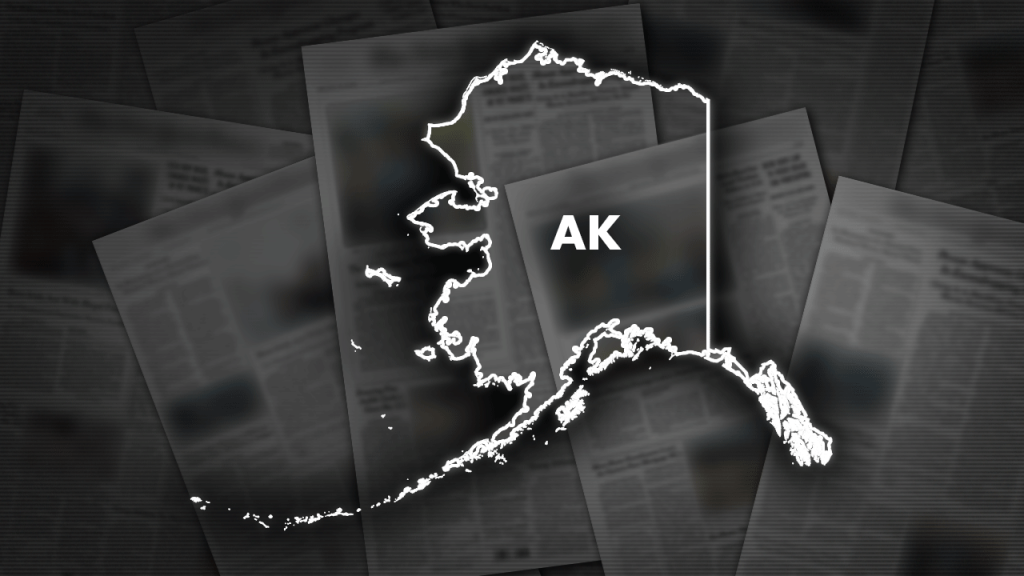The Air National Guard in Alaska has delayed plans to downgrade the status of about 80 members of its unit, a move that was seen as a threat to national security and civilian rescues in the state. Efforts by Alaska politicians and citizens played a role in getting this delay, allowing for more research and analysis. The changes were initially set to be completed by October 1, with 80 highly-paid Active Guard and Reserve members at risk of being converted to lower-paid dual status tech positions. Many of these members have stated they would quit rather than accept the changes, which could result in pay cuts of more than 50%.
Local guard leaders argue that Alaska needs personnel in higher classifications to fulfill its national security missions, such as monitoring for missile launches and accompanying fighter jets during intercepts of Russian bombers. The guard plays a key role in conducting civil search-and-rescue missions in Alaska, flying through harsh conditions to rescue individuals from remote villages. Last year, the guard conducted 159 such missions, including picking up a pregnant woman from a remote island just 2 miles from Russian soil. If the staff conversions were to go through, the number of rescues is estimated to drop to about 50 per year.
The delays in implementing the downgrades have been extended until September 30, 2025, providing more time for the service to assess the impact of the changes on operations in Alaska. The state’s congressional delegation has expressed relief over the delay, stating that the uncertainty placed on Alaska Air National Guard members is unacceptable. U.S. Sen. Lisa Murkowski emphasized that the worry over job security, benefits, and providing for families should not have been necessary and that delaying the directives was a positive step.
The changes set to be implemented by the Air National Guard would have had significant implications for national security and civilian rescues in Alaska. The delay in implementing the downgrades will allow for more thorough research and analysis to determine the impact of converting highly paid members to lower-paying positions. Guard members in Alaska have expressed concerns over potential pay cuts and the impact on their ability to fulfill critical missions, such as monitoring missile launches and conducting search-and-rescue operations in extreme conditions.
The Alaska Air National Guard plays a vital role in conducting search-and-rescue missions, flying through treacherous weather conditions to rescue individuals from remote villages. The delay in implementing the downgrades will provide the guard with more time to assess the potential impact on their ability to perform these missions effectively. The state’s congressional delegation has expressed relief over the delay, emphasizing the importance of the Alaska Air National Guard in safeguarding national security and conducting civilian rescues in the remote state.
Overall, the delay in implementing the downgrades for Air National Guard members in Alaska has provided some relief for those who were facing potential pay cuts and changes in their status. The extension will allow for more in-depth analysis of the impact of the changes on national security and civilian rescues in Alaska. The Alaska Air National Guard’s critical role in conducting search-and-rescue missions in extreme conditions highlights the importance of ensuring that the guard has the resources needed to fulfill its missions effectively.


